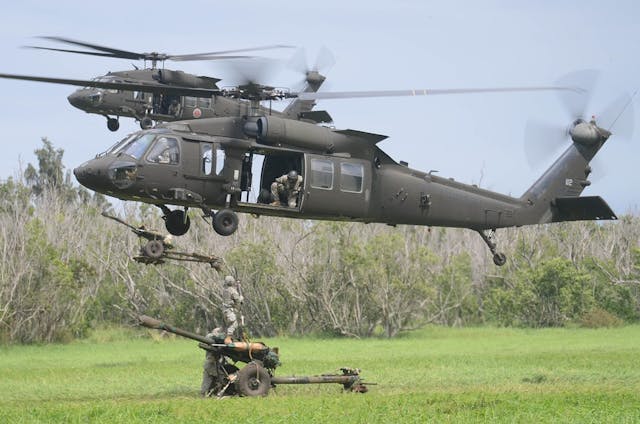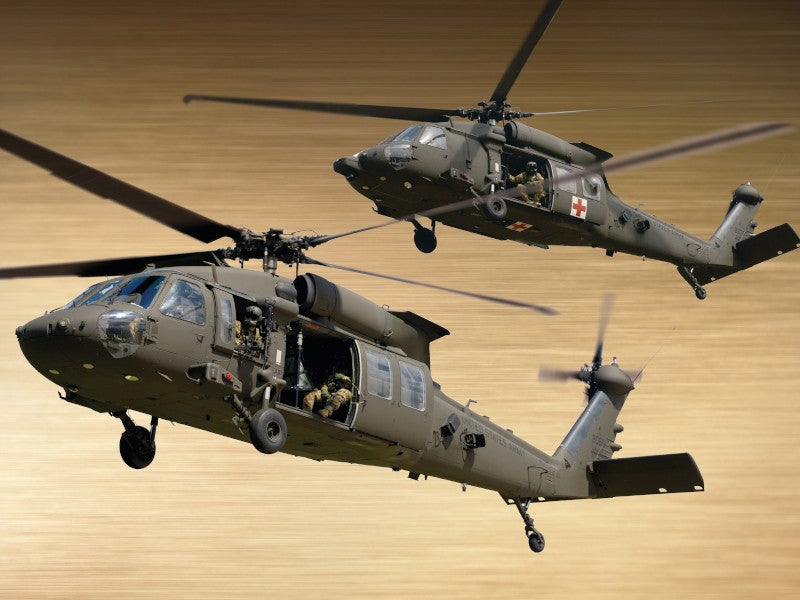UH 60 Helicopter: Advanced Avionics and Combat Equipments
UH 60 Helicopter: Advanced Avionics and Combat Equipments
Blog Article
The Duty of Airplane fit Global Transportation and Trade Dynamics
The development of aircraft has indelibly changed worldwide transportation and profession characteristics, helping with unprecedented degrees of connectivity and efficiency. Through the facility of robust air freight networks, services can now browse worldwide markets with amazing rate and dexterity, thus redefining supply chain methods. Nevertheless, this improvement is not without its difficulties, as the aviation sector grapples with sustainability worries and governing stress. As we explore the complex effects of airplane on global profession, it is important to consider exactly how these factors will certainly form the future landscape of air travel and its duty in the economic climate.

Development of Air Transport
The evolution of air transport has actually been marked by significant technical advancements and technologies that have changed the way individuals and goods cross the globe. From the Wright bros' first powered trip in 1903 to the development of supersonic jets, each turning point has highlighted the unrelenting quest of performance and speed in flight. Early aircraft were largely simple, restricted by engine power and structural stability. The intro of innovative materials and aerodynamics in the mid-20th century led to considerable renovations in airplane dependability, performance, and security.
The latter part of the 20th century observed the appearance of business air travel as a practical mode of transport, identified by the intro of jet engines, which transformed flight by dramatically minimizing trip times. Furthermore, developments in navigation and communication modern technologies have actually boosted operational efficiency and safety and security, enabling more facility trip paths and schedules. The rise of air freight in parallel with traveler services has better emphasized the adaptability of air travel. As we want to the future, emerging modern technologies such as autonomous and electrical aircraft assurance to redefine the air transport landscape, guaranteeing ongoing development and adjustment to worldwide needs.
Effect On Global Trade
Air transport has actually exceptionally improved global profession by facilitating the swift motion of items across huge distances. This expedited logistics ability permits services to react rapidly to market demands, therefore enhancing supply chain effectiveness. The ability to move perishable goods, high-value items, and time-sensitive items has actually opened brand-new markets and chances for various markets, substantially affecting profession patterns.
Furthermore, the advancement of air freight networks has actually cultivated globalization, making it possible for firms to source materials and items from various components of the globe seamlessly. This interconnectedness decreases preparations and costs, permitting businesses to remain competitive in a progressively worldwide market. Furthermore, air transport plays an important role in e-commerce, where consumer expectations for fast delivery have driven a surge in need for air products solutions.
The effect of aircraft on worldwide trade reaches the creation of strategic profession paths, linking regions and helping with worldwide partnerships. Countries that buy air transportation facilities typically experience enhanced financial development and increased international straight financial investment. On the whole, the advancement of air transport has not just transformed the logistics landscape but has also become a vital part in the characteristics of international trade.

Financial Benefits of Aeronautics
A robust aviation field generates considerable financial benefits, adding to work development, tourist, and overall economic growth - uh 60. The aeronautics industry sustains millions of tasks globally, ranging from straight employment in airlines and airport terminals to indirect duties in industries such as friendliness, transport, and logistics. According to sector reports, for every single task in the air travel industry, about 3.5 extra work are developed in the wider economic climate
Tourist is a pivotal component of the economic advantages originated from aeronautics. Flight promotes global tourism, enabling vacationers to explore diverse destinations, which subsequently promotes neighborhood economic climates. Nations that buy their aeronautics framework typically experience raised visitor arrivals, leading to higher costs on services such as hotels, tourist attractions, and restaurants.

Furthermore, aviation boosts global connection, making it possible for organizations to access new markets and sources successfully. As a result, fields such as ecommerce and manufacturing advantage exceptionally from dependable air transportation, additional driving financial growth.
Challenges Encountering the Aviation Sector
Navigating an intricate landscape of regulative, ecological, and economic obstacles, the aviation market encounters significant obstacles that threaten its sustainability and growth. Laws bordering safety and safety are continually progressing, demanding ongoing compliance and adaptation from producers and airline companies (uh 60). This can bring about boosted operational prices and resource appropriation that detracts from advancement and expansion efforts
In addition, ecological issues have actually come to be paramount, with growing analysis over carbon click to read emissions and noise contamination. The sector is under stress to adopt greener techniques and technologies, which typically call for significant investment in r & d. Stabilizing these ecological duties with the need for air traveling provides a significant difficulty.
Economic fluctuations, such as rising fuel prices and geopolitical unpredictabilities, even more complicate the landscape. Airlines frequently grapple with unstable operating expense and changing guest demand, which can affect productivity and long-term preparation. Labor scarcities and ability spaces in important locations include one more layer of intricacy, impeding operational effectiveness.
Eventually, dealing with these multifaceted challenges is important for the aviation industry to keep its crucial duty in international transport and trade, while guaranteeing resilience and flexibility in a significantly open market.
Future Patterns in Air Travel
Moving and emerging technologies customer choices are poised to reshape the future of flight substantially. The combination of synthetic knowledge and artificial intelligence is expected to boost functional efficiency, streamline airport terminal processes, and improve customer care. Anticipating analytics will promote much more precise need forecasting, permitting airlines to maximize flight schedules and prices models.
Sustainability is coming to be an essential driver in air traveling, with the aviation sector progressively concentrated on decreasing carbon emissions. Advancements in aircraft style, such as electric and hybrid propulsion systems, are being discovered to satisfy environmental targets. Moreover, the adoption of lasting air travel gas (SAFs) is expected to play an important role in accomplishing net-zero exhausts by 2050.
Customer choices are changing towards customized travel experiences. Airline companies are buying sophisticated data analytics to customize solutions and enhance customer interaction, making certain a more customized journey from reserving to arrival. Furthermore, the surge of remote job might lead to increased demand for leisure travel, as individuals seek to integrate work and holiday.
Verdict
Finally, airplane significantly influence international transportation and trade characteristics by assisting in fast motion and enhancing supply chain efficiency. The evolution of air transport has actually changed global profession, generating considerable economic you can try these out benefits while additionally offering obstacles that require calculated management. Future trends indicate an ongoing dependence on air travel for commerce, underscoring its integral duty in globalization and economic growth. The recurring adaptation of the aviation industry will certainly be necessary for sustaining its contributions to the international economic situation.
The last component of the 20th century experienced the appearance of industrial aeronautics as a feasible setting of transport, identified by the introduction of jet engines, which revolutionized air traveling by considerably reducing trip times. The rise of air cargo in parallel with traveler solutions has additionally highlighted the versatility of air travel. Additionally, air transportation plays a crucial function in e-commerce, where customer expectations for quick delivery have actually driven a surge in need for air products services.
Generally, the evolution of air transport has not only transformed dig this the logistics landscape but has additionally become a crucial component in the characteristics of global trade.
Sustainability is coming to be a key chauffeur in air traveling, with the aeronautics sector progressively concentrated on reducing carbon discharges.
Report this page